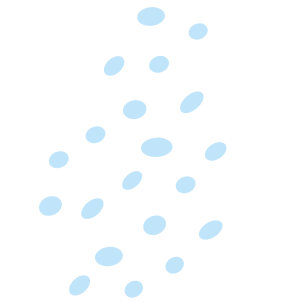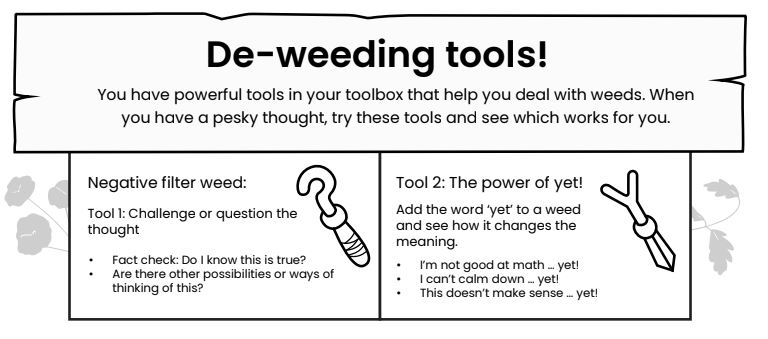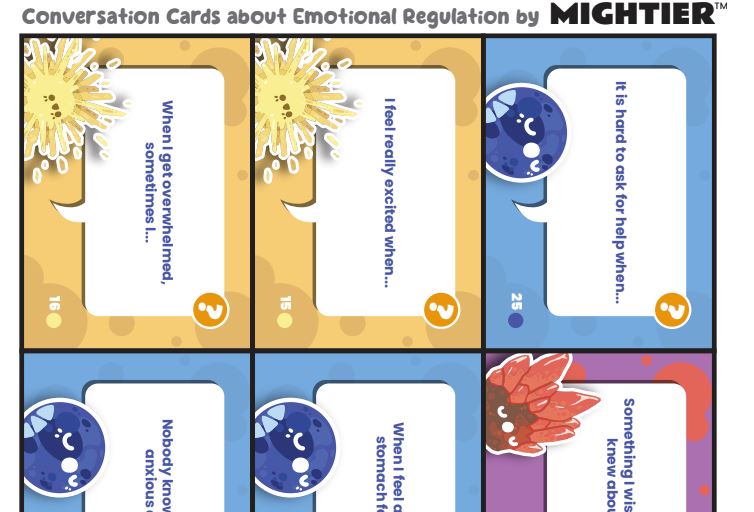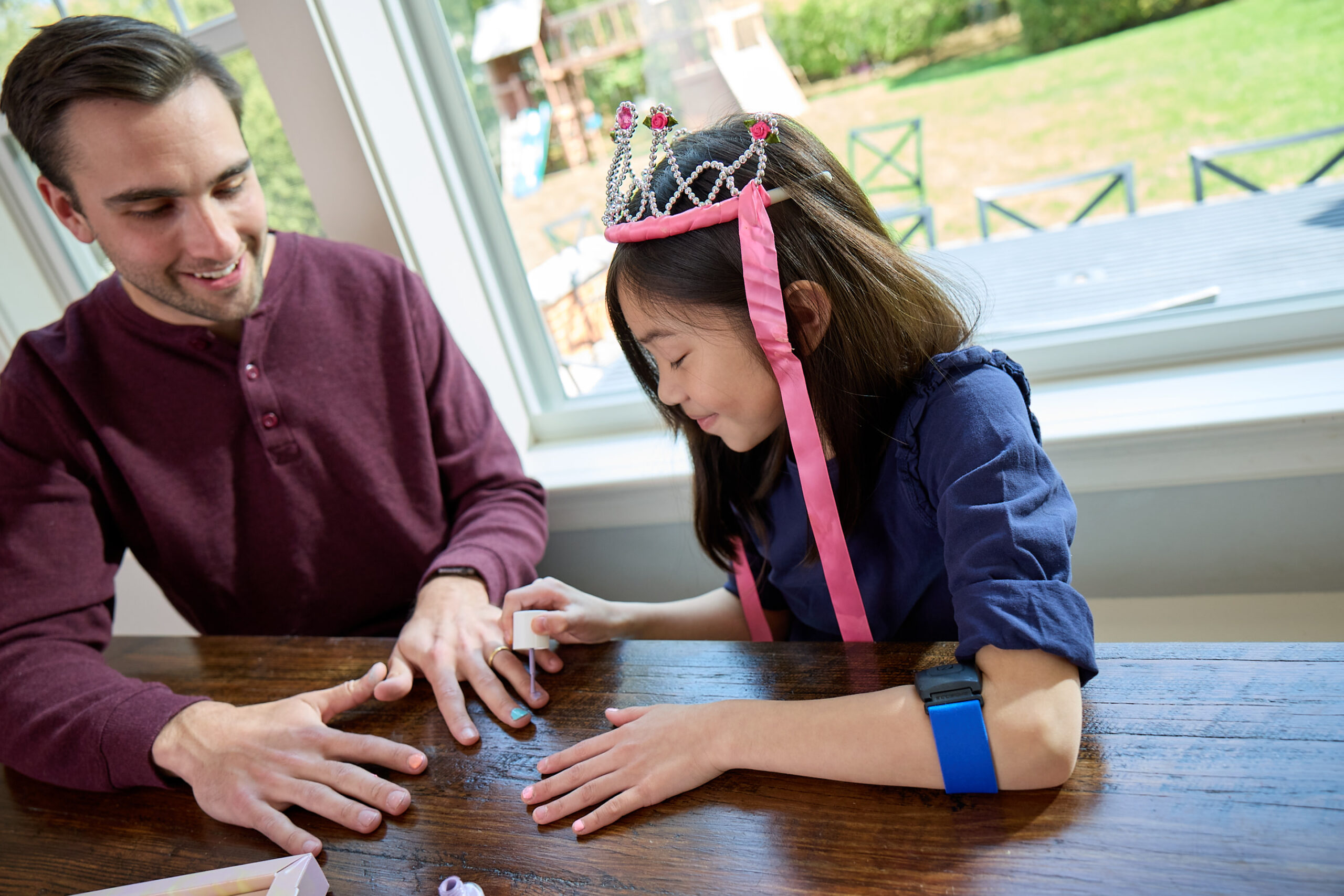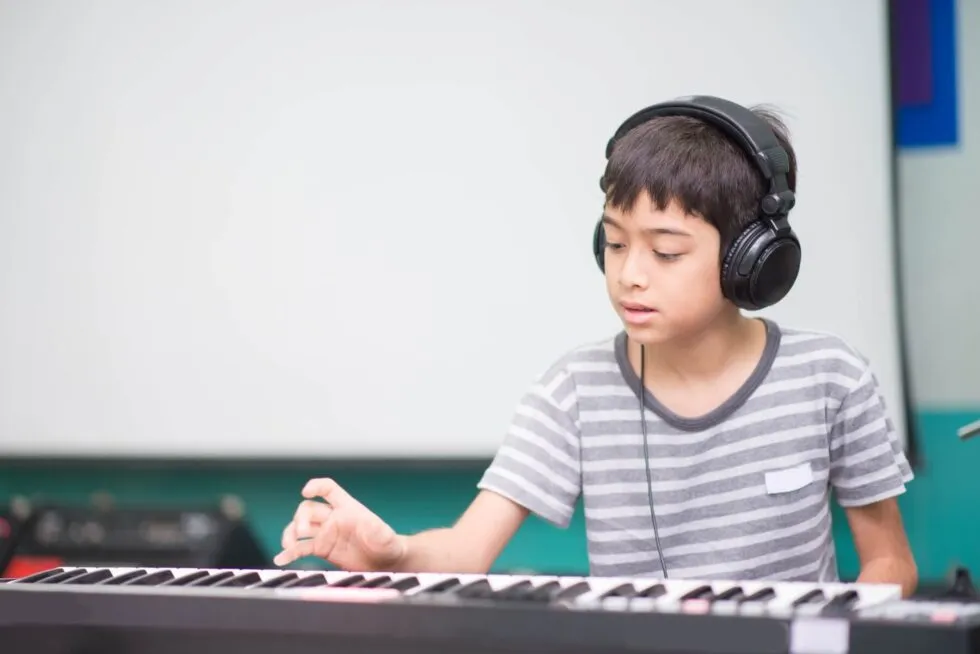
Have you ever noticed the intense connection between thoughts, behaviors and emotions? When we feel sad, we’re usually less energetic, might isolate from people, and are more likely to think negative or self-defeating thoughts. When we’re happy, however, we’re likely more energetic, might be more active and outgoing, and are more likely to be thinking positive thoughts. The catch here is that we only have control over two points of this triangle – our thoughts and our behaviors. We can change our behaviors (get up and jump around, go for a walk in nature) to improve our mood, we can change our thoughts (think about a pink elephant, think about a really good friend) to improve our mood, but we cannot directly control our emotions (be happy – now).

Understanding and working within this triangle of connection between thoughts, behaviors and emotions is the foundation of Cognitive Behavioral Therapy, a well-researched, evidence-based therapeutic approach that is specifically helpful for anxiety, anger, and stress-related problems.* CBT teaches people how to directly target and change their thoughts and behaviors in order to indirectly and positively influence their emotional state. CBT is effective, as well as accessible. Adults and children can engage with CBT’s concepts and tools right at home in order to better understand their own emotional states and learn strategies for influencing those emotional states.
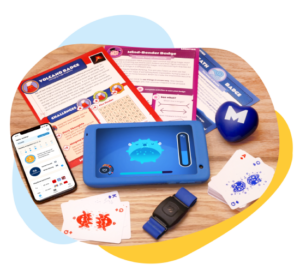
Mightier Skill Packs use characters, stories and metaphors to introduce children to specific concepts around thoughts, emotions and behaviors, build awareness of the interplay between those 3 things, and begin to playfully explore and experiment with CBT-based interventions.
Take a look at our Weeds Badge activities, which focus on building awareness of thoughts and managing thinking traps (our kid-friendly phrase for cognitive distortions).
Or check out our conversation cards, which get kids talking, thinking, and playing with the connection between their thoughts, behaviors and emotions.
*Hofmann SG, Asnaani A, Vonk IJ, Sawyer AT, Fang A. The Efficacy of Cognitive Behavioral Therapy: A Review of Meta-analyses. Cognit Ther Res. 2012 Oct 1;36(5):427-440. doi: 10.1007/s10608-012-9476-1. Epub 2012 Jul 31. PMID: 23459093; PMCID: PMC3584580.



